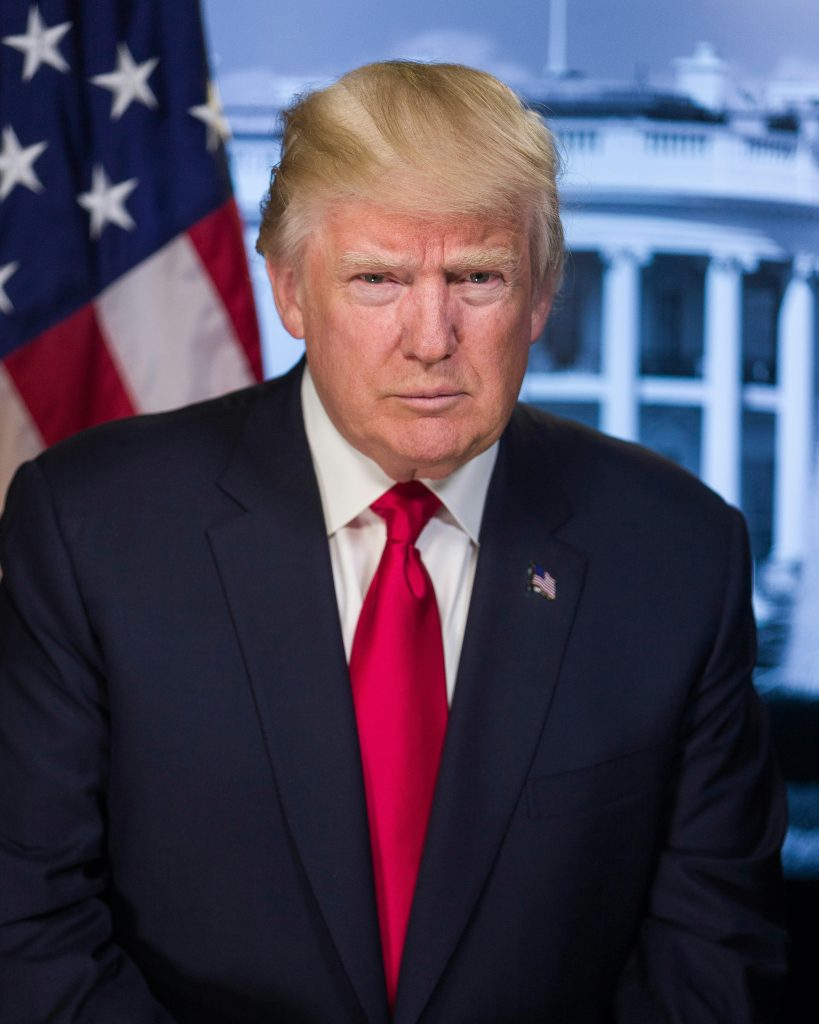Protectionist tariff policies, similar to those proposed by Donald Trump, may actually harm U.S. manufacturing firms by discouraging investment, according to research conducted by Frankfurt School of Finance & Management.
As tariffs remain a key component of Trump’s economic policy agenda, if elected, manufacturing firms could face increased tariffs on their imported inputs. However, recent research suggests that such tariffs could inadvertently reduce manufacturing investment.
The study found that lowering tariffs encourages U.S. manufacturing firms using these imported goods as production inputs to boost their investments. Specifically, a 10% reduction in upstream tariffs—taxes on raw materials and other manufacturing inputs—led to a 4-6% increase in investment by firms further down the production chain, illustrating how reducing input costs can stimulate investment across a range of manufacturing sectors.
The research was led by Thorsten Martin, Associate Professor of Finance at Frankfurt School of Finance & Management, along with Clemens Otto, Associate Professor of Finance at Singapore Management University’s Lee Kong Chian School of Business. The researchers aimed to understand how changes in tariffs impact U.S. manufacturing firms’ investment patterns, focusing particularly on tariff reductions in supplier industries.
To gather these insights, the researchers analysed historical U.S. import data, focusing on periods around major multinational trade agreements that led to substantial changes in tariff rates. They then reviewed manufacturing investment data around these events to assess the impact of reduced tariffs on investment trends.
Their findings reveal that a 10% reduction in tariffs on manufacturing sector imports lead to approximately a 5% increase in investment by U.S. manufacturing firms. Therefore, raising these tariffs likely prompts manufacturing firms to reduce their investment. This effect is especially strong for raw materials and standardized products like steel and aluminium, which are important inputs for many U.S. manufacturing industries.
Tariffs on these goods raise input costs, undermining the competitiveness of the manufacturing sector and, by extension, the broader U.S. economy. The research also indicates that lower tariffs are linked to gains in downstream profitability, productivity, output, and employment.
“Protectionist trade policies, such as tariffs, have been a central topic throughout the U.S. election campaign, aligning closely with Trump’s ‘America First’ doctrine,” says Professor Martin. “While such policies may offer short-term protection for some domestic industries by limiting foreign competition, our research shows they can backfire by increasing input costs essential for production. Ultimately, this effect tends to outweigh the benefits, making tariff increases on production inputs a hindrance to manufacturing investment.”
The findings suggest that high import tariffs can be particularly harmful when applied to industries at the early stages of the production chain, such as Trump’s tariffs on steel and aluminium.
Featured Photo by Library of Congress on Unsplash.



